In the last months of 2022, Catalystas Consulting was tasked with assessing the Iraqi National Action Plan’s status in adopting the United Nations Security Council Resolution 1325 on Women, Peace, and Security (UNSCR 1325). Our assessment provided the basis of analysis for our client, Search for Common Ground Iraq, in partnership with local NGO Women Empowerment Organization (WEO), in undertaking a program to support the capacity building and empowerment of the women, peace, and security (WPS) agenda in Iraq, specifically with newly established women and youth run organizations throughout the country. Our team specifically sought to provide them with an unbiased snapshot of the history and the current geopolitical state of UNSCR 1325 implementation through the Iraqi National Action Plans (NAP) I and II, at the local, regional, and national levels, mapping as many relevant stakeholders and actors as possible along the way. Our final context analysis and actor mapping sought to provide the two organizations with the information and knowledge necessary to effectively navigate and succeed in their strategies and practices to empower the WPS agenda via local activist movements.
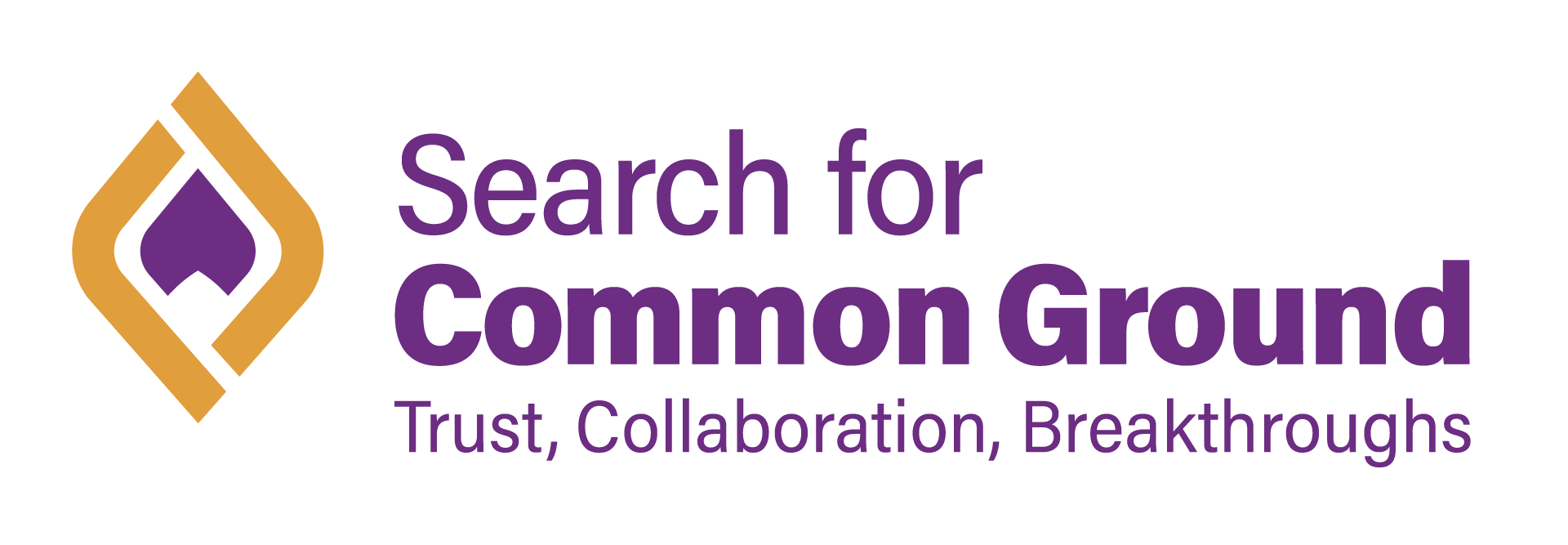
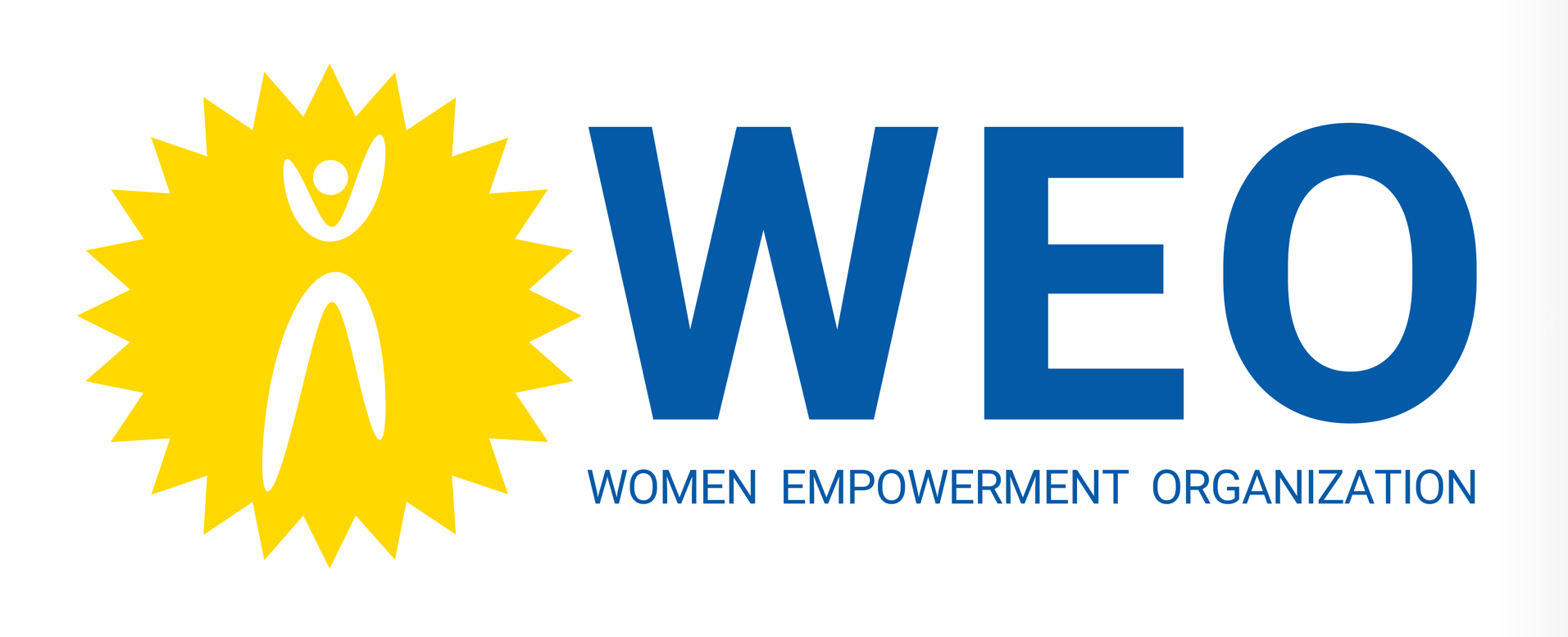

Over the course of two months, Catalystas’ Beatrice Maneshi and Sarmad Amjad, utilized their extensive experience, network, knowledge, and interest in Iraq’s security, gender empowerment, and democratic practices and governance to undertake the task at hand. We discovered along the way over 550 actors across local NGOs, activist networks, local, regional, and national government actors, religious leaders, political actors, activists, and academics all focused on the UNSCR 1325 agenda. We also discovered that many of these actors had been almost entirely excluded from the decision-making and impact spaces around the agenda and the National Action Plan(s) that were meant to bring it into force. As such, our team delved into a vital history that shed light on the current context of the Iraqi women, peace, and security agenda: currently a shrinking space for civil society.
First, it is essential to note that Iraq was the first country in the Middle East and North Africa region to sign on to the feminist and forward-thinking UNSCR 1325 in 2001, directly after the fall of Saddam Hussein’s Baathist dictatorship. Since this historic turning point, Iraq has experienced unspeakable violence and instability caused by the likes of US occupation; Al Qaeda; ISIS; inter- and intra-religious, political, and ethnic conflicts; Iranian, US, and Turkish political influence; an unsuccessful Kurdish referendum; significant economic instability; terrorism; mass corruption; climate change; and COVID – just to mention a few. Along the way, the Central Iraqi Government, which operates from Baghdad through a centralized structure, has experienced numerous turnovers in administrations with little to no handover. Against this backdrop, local civil society, hand in hand with the Kurdistan Regional and Central Iraqi governments, created a structure of intergovernmental initial response and cooperation under the first Iraqi National Action Plan for UNSCR 1325 (INAP I) (2014-2018) that brought together high-level officials from both the Kurdistan Regional Government (KRG) and Central Government as well as local and international actors. As noted by many of the actors who informed our study’s context analysis, INAP I was too idealistic in its design, plagued by a lack of government funding as well as the impacts of the ISIS invasion. The result was a plan left unaddressed.
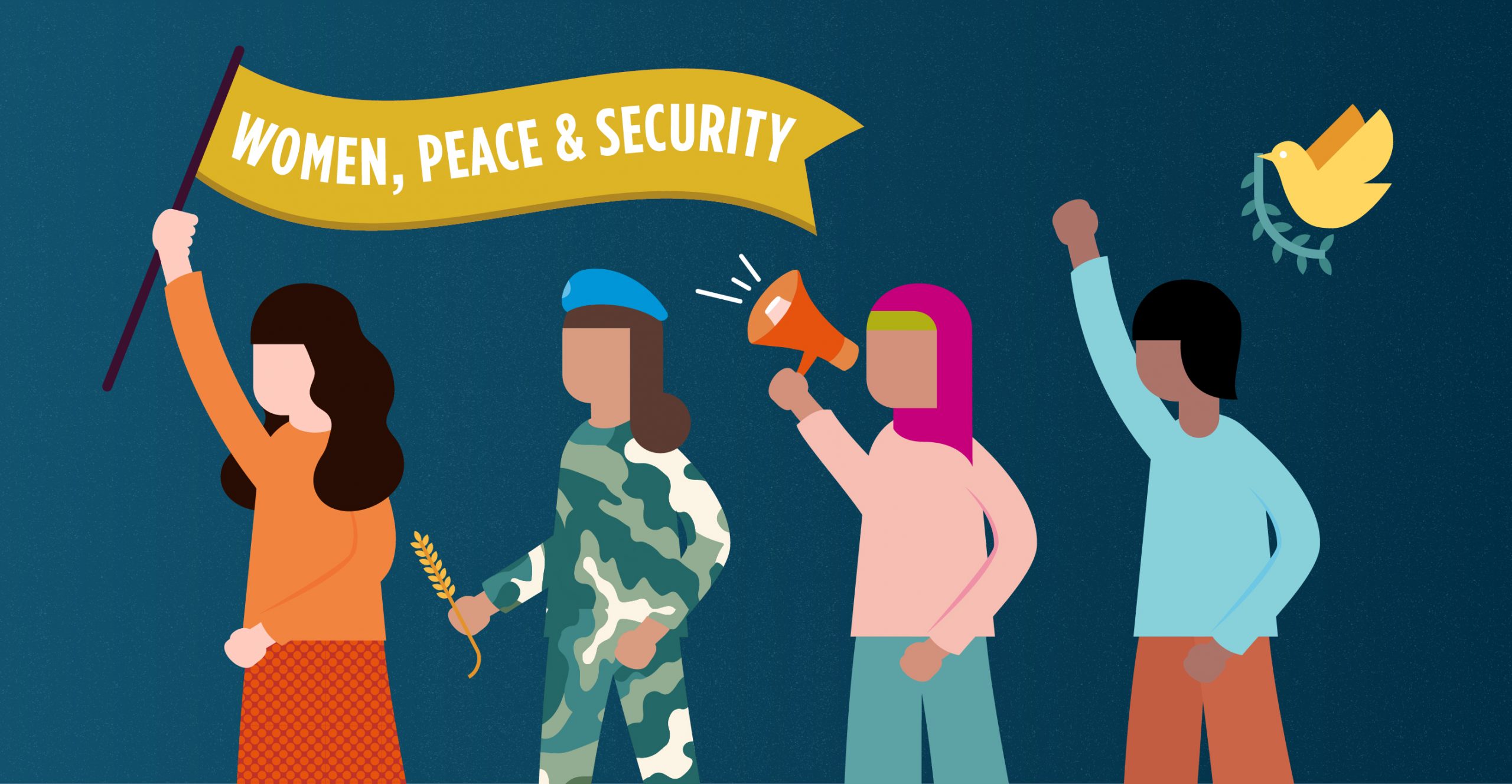
As INAP I drew to a close, no follow up plan was negotiated. Two years passed without a governmental agreement on the INAP II. The cross-sectoral task force that oversaw INAP I and provided the necessary political will lost its might due to turnover in both the KRG and Central Iraqi government committee members. In 2021, UN Women entered the picture – armed with a UN mandate “to lead, promote, and coordinate efforts to advance the full realization of women’s rights and opportunities.” UN Women coordinated a second Iraqi National Action Plan for the implementation of UNSCR 1325 (INAP II). This process took a government-centered approach, while sidelining the contributions of civil society that had previously enabled the aspects of INAP I that had been successful. While excluded from this official INAP II process, these CSOs continue to work on the ultimate objectives of UNSCR 1325, albeit without the coordinated power a more inclusive NAP could provide.
Catalystas Consulting found in numerous interviews with civil society, multinational actors, academics, and government officials, that UN Women was able to create a superior framework for INAP II in terms of logical design, compared to that of its predecessor. However, for all it excels in, INAP II lacks an inclusionary process. There is a distinct lack of space for civil society, aside from a small awareness-raising programming offered directly by UN Women to select women’s organizations. With civil society relegated to the role of simply overseeing the process, it is the Iraqi government left responsible for the plan’s implementation. INAP II, scheduled to take place between 2020 – 2024, is only just at the stage of fully agreeing on its targets and results framework at the time of this study, in the final months of 2022.
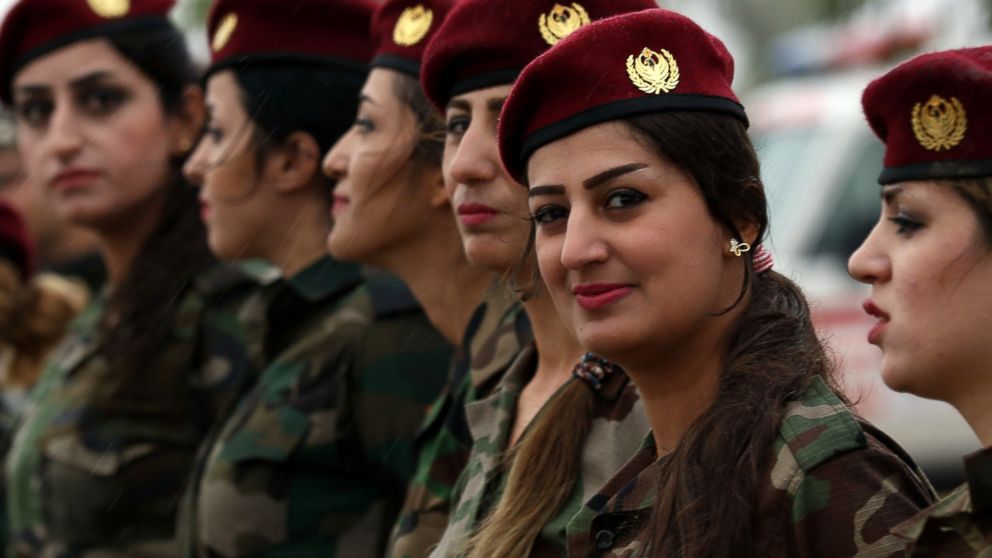
Kurdish Peshmerga female fighters march during a training camp conducted by trainers from the German military forces in Arbil, the capital of the Kurdish autonomous region in northern Iraq, Oct. 27, 2015.Safin Hamed/AFP/Getty Images
A deeper dive into the role of civil society in both the INAP II structure and the overarching women, peace, and security agenda framework in Iraq shows that there are numerous active women’s rights organizations. Many of these organizations are members of women’s networks, such as the Iraqi Women’s Network (IWN), Women Peace Network (WPN), and Women’s Network 1325 (Network 1325). The overarching majority of the 91 organizations that responded to Catalystas’ survey for this study reflected that although they once had programming focused on empowering women in the Iraqi security agenda – the kind of programming that helped to develop a widespread and gender-focused response to the ISIS invasion – such programming is no longer taking place, primarily due to lack of funding. An overwhelming majority of the surveyed organizations (73.3%) also noted that they had participated in previous programming directly organized under INAP I; however, today the overwhelming majority of those previously working under INAP I (80%) have programming related to the goals of UNSCR 1325 despite not being organized through the INAP II strategy or framework. The movement away from the INAP framework can be partially attributed to the need for more space for civil society under INAP II, as well as a lack of available financing for CSOs conducting programs through INAP II. Just over half of respondents (51%) noted that they were not receiving funding from international or multinational donors; 28.6% indicated that they had never received support from international donors, and 21.4% noted they had previously received international support or financing for the implementation of projects and programming under the INAP framework, but were no longer receiving any support. Only 14.2% (two respondents) noted that UN bodies for implementing programming under the INAP framework supported them.
Given that there has yet to be a budget approved by the Central Iraqi government for the implementation of INAP II, a majority of the subject matter experts interviewed in this study did not have a positive outlook on the potential for the actual implementation of NAP II. Combined with the responsibility for implementation being placed with government institutions with a long history of rapid turnover and little handover, the ambitions of INAP II may be a reach too far. The current strategy, which focuses on government responsibility at the expense of the role of civil society in the Iraqi context of the WPS agenda, misses out on this central component of a healthy ecosystem for development and democracy.
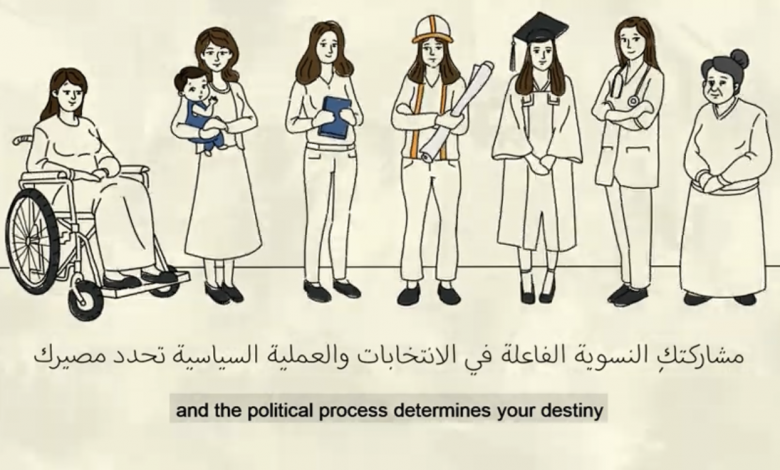
Several initiatives are underway by the above-mentioned women’s networks that aim to come together to create response mechanisms for the needs of women in their local communities. One of the issues highlighted by multiple women’s organizations was the top-down approach to funding, with stipulations placed by international donors and partners on how budgets should be allocated. This has often resulted in local organizations having to design programming too heavily focused on capacity development and advocacy, rather than direct response to the needs of women in their local communities. Current efforts by women’s organizations seeking to coordinate all women’s rights groups in Iraq are largely focused on attracting funding and support for direct response programming dictated by the needs identified by the local organizations themselves. This process seeks to fill gaps left by limitations in governmental response, legal protection, and international aid across the country. While these types of reactions do not bring about legislative and structural changes to the laws and policies in the country, they can create a process of localized response that fortifies and enables a more effective and inclusive response to the women, peace, and security agenda. Such a bolstered civil society can have an even more impactful effect once there is more significant space for civil society on the national decision-making level.
Catalystas, like many organizations and actors, remains hopeful that INAP II will be effectively implemented and that the responsible governance structures will be responsive to gender-specific needs and inclusive to women in security policy making and response. Our team, as a feminist organization, recognizes that shrinking civic space is a critical danger to democracy and gender empowerment. Accordingly, we have recommended that our client focuses on supporting local civil society to help expand operational space and support a greater demand for inclusion in both international and national decision-making processes. In turn, such support will serve to promote locally informed and sustained development practices – especially when it comes to women, peace, and security.
To learn more about Catalystas’ research and analysis work in Iraq, and about our over 30 years of experiences working across the globe on human behavior, legislation, democracy strengthening, socio-political movement empowerment, security, policy, and practice, feel free to write to our team.
An Iranian-American with more than ten years of experience in international relations, economic development, and political empowerment, Beatrice is heavily invested in making the world a better place. Her work spans multiple regions of the world, often including high-risk environments, and her clients include non-governmental organizations, governmental bodies, and small-to-medium–sized corporations throughout the US, EU, Middle East, and Sub-Saharan Africa.
Originally focused on the areas of economic development, security, and disarmament, Beatrice turned to the humanitarian field, where she has expanded her expertise to include international security policy, gender equality, and innovation planning. She is a highly skilled grant writer, program designer, auditor, and capacity and impact assessor, as well as an authority on client and donor relations and ethical corporate engagement strategy.
Her personal and professional interests come together in the use of technology and data to provide solutions and insight into human rights, higher education, sexual reproductive rights, and environmental preservation.
We built Lysta as an answer to one of our own problems: the need to quickly assemble teams of experts across various subject matter, geographic, linguistic, and thematic areas for projects and proposals as they arise. We quickly realized that we were not the only ones facing this challenge! With the speed that development projects require hiring, turnaround, and technical insights, we see first hand how helpful it is to have a ready-made database of vetted experts to call on.
For existing and potential Clients, you can access all consultant full profiles by signing up here as a client for free.
For consultants, adding your profile to Lysta means jumping to the top of the list for our clients in recruitment processes. We do the heavy lifting: the CV reviews, interviews, vetting, and personnel management; so when our clients come to us, they know they’re hiring someone they can trust to deliver high quality, timely results. Click here to add your profile for review.
We’re proud to be a link in the chain that connects the best of the best – don’t hesitate to reach out and see how you can put Lysta to work for you!